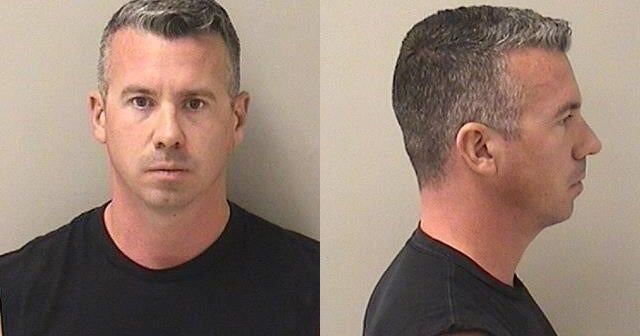Allegheny County Leaders Worried Holidays Will Drive COVID-19 Surge
PITTSBURGH (KDKA) - After reporting nearly 900 new cases in 24 hours, Allegheny County leaders offered no reason to believe the numbers will improve coming out of the holiday season.
Chief Epidemiologist Dr. LuAnn Brink expressed her concerns about the new COVID-19 cases compounded with the upcoming holiday weekend.
Last month was the third deadliest month for COVID infections in Allegheny County and there have already been 67 during the month of November, according to leaders.
The county is averaging more than 600 daily cases with reinfections now being added to the case count.
Brink stressed how overwhelming those numbers have been, even causing challenges to updating the county's COVID-19 dashboard. She doesn't expect numbers to improve anytime soon as the weather gets colder, pushing more people indoors together.
Allegheny County Executive Rich Fitzgerald pointed to last holiday season. December 2020 and January 2021 were the county's deadliest months since the pandemic started, he said.
"This will be a very difficult winter for the unvaccinated," Fitzgerald said.
Leaders said they're counting on people who are not fully vaccinated to follow CDC guidelines during their gatherings, including being outside when possible, trimming down the guest list and opening windows for air circulation when celebrating inside.
Brink also encouraged people to know the vaccination status of people coming over for Thanksgiving and to wear masks around them if they're not vaccinated.
Leaders are putting such an emphasis on vaccines this holiday season because they know they work and said in Allegheny County, only 38 percent of infections being reported are among people who had their shots, which are also keeping people out of the hospital and preventing severe cases of COVID.
"In the 50- to 69-year-old age group, less than 15 percent of the deaths were in individuals who were vaccinated. Nearly all those who are vaccinated and succumb to COVID are those who are elderly and have serious underlying health conditions, Brink said.







